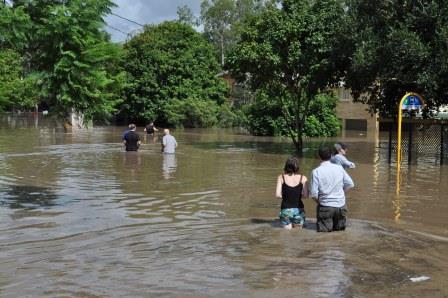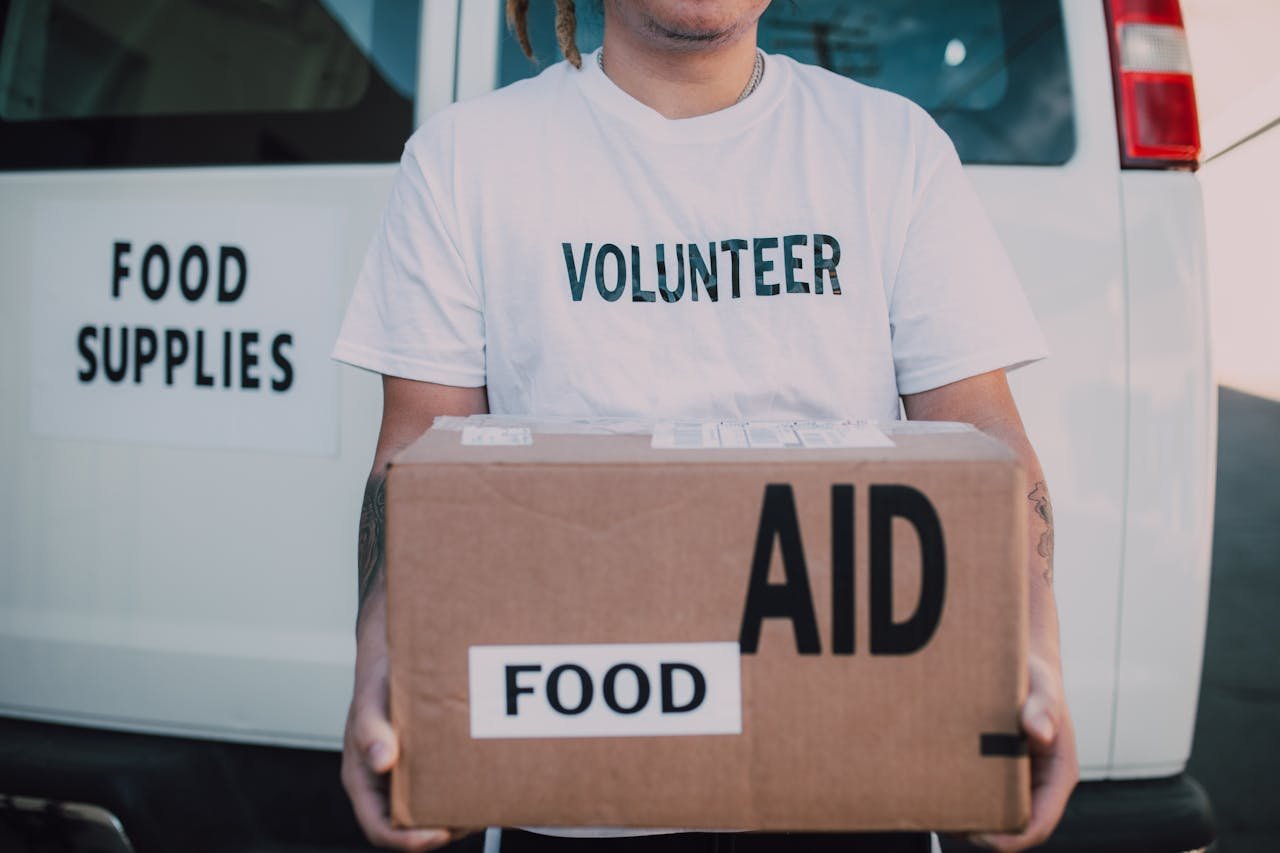Description
The International Disaster Assistance (IDA) account provides critical humanitarian assistance in response to natural disasters, conflicts, and other emergencies around the world. Interventions provide people in need with food, shelter, health care, psychosocial support, and complementary activities that support relief, recovery, and resilience. IDA funding helps ensure that people fleeing conflicts and natural disasters have access to lifesaving services in the countries of their displacement.
What Does This Buy?
Supports the provision of humanitarian services including emergency food, water, shelter, health care, education, and agricultural rehabilitation.
Justification for the Request
- Currently, 135.7 million people need humanitarian assistance worldwide, with children typically constituting at least half of beneficiaries.
- Natural disasters affect approximately 200 million people globally each year; that number is currently trending upward, as is the cost in damages (from $90 billion in 2015 to $147 billion in 2016).
- Political crises exacerbate humanitarian conditions and in geographies that also experience natural disasters such as drought, the environment for civilians can quickly turn lethal. For example, famine threatens to affect at least 76 million people mainly due to conflict and insecurity in Nigeria, Somalia, South Sudan, Yemen, Syria, and the Democratic Republic of Congo (DRC).
- Conflict in the DRC is a significant driver of displacement across Central Africa and within the DRC. In the country, 4.4 million people are displaced and in need of assistance and 7.7 million are facing severe food insecurity, a 30% increase above the same time last year.1
- IDA is vital to ensuring continued respect for international humanitarian law, the tenets of which are increasingly violated around the world through the denial of humanitarian assistance and attacks on aid workers, civilians, and civilian infrastructure such as schools and hospitals. The U.S. promotes respect for humanitarian norms and principles among state and nonstate actors through its continued financial commitments and strong diplomatic engagement on humanitarian issues globally.
The American Impact
The purpose of humanitarian action is to protect life and health and ensure respect for human beings. Humanitarian actors must remain neutral, not taking sides in hostilities or engaging in controversies of a political, racial, religious, or ideological nature. Humanitarian action must be based on need alone, giving priority to the most urgent cases of distress and making no distinctions on the basis of nationality, race, gender, religious belief, class, or political affiliations. Humanitarian action must be autonomous from the political, economic, military, or other objectives that any actor may hold regarding areas where humanitarian action is being implemented.2
Bold Vision
- Sustainable peace agreements continue to elude conflicts such as Syria and Yemen. Growing fragility and intractable conflicts strain an already overstretched humanitarian system. The result is a widening gap between the numbers of people in need of assistance and the resources available. In late 2017, the Rohingya crisis drove more than 600,000 people out of Myanmar and into Bangladesh in a few weeks. Over the course of only five months in 2018, conflict in southern Ethiopia displaced more than 1 million people. Latin America is experiencing the fastest escalating displacement of people across borders in its history because of the political and economic crisis in Venezuela.3 Additional investment could fully fund humanitarian action for these conflicts, particularly for crucial sectors such as child protection, health, and education.
- Though crises are increasingly complex and protracted, global humanitarian action only reaches about half of people in need. Humanitarian donors and those considering becoming one should redouble efforts to ensure that contributions match the need, and that renewed political efforts to resolve conflict and unrest are prioritized. Continued and additional U.S investments will help U.S. humanitarian partners respond to growing emergency needs and ensure that U.S. assistance to communities affected by natural disaster and conflict is responsive and effective.
Impact of Cuts
Cuts reduce the number of people who can receive assistance, furthering misery, hunger, disease, and death.
5 Year Funding History
Funding levels may not accurately reflect those in the appropriations bills and/or reports due to rounding.
https://www.interaction.org/choose-to-invest/fy2020/humanitarian-action/international-disaster-assistance/
For More Information

Lisa Peña
Director, Policy, Budget and Appropriations lpena@interaction.org






